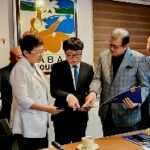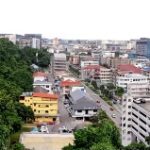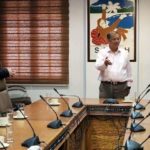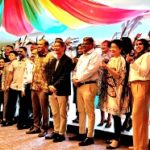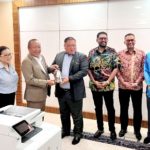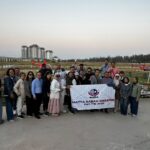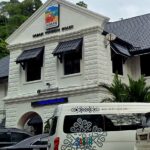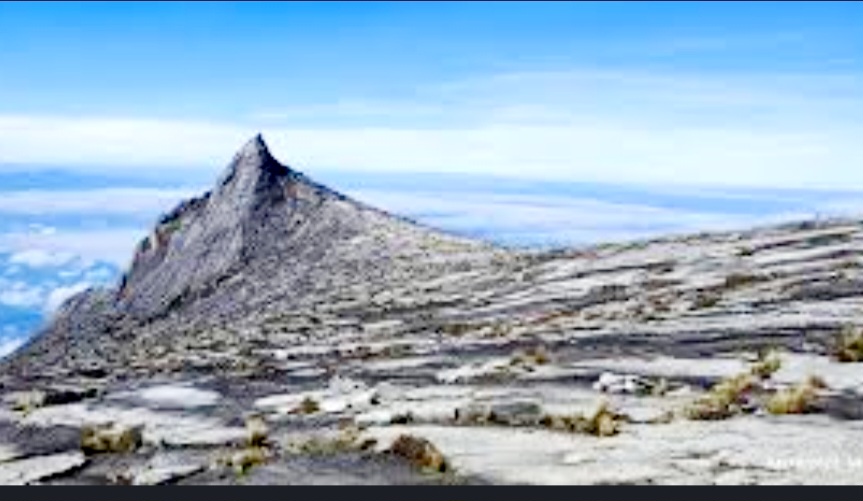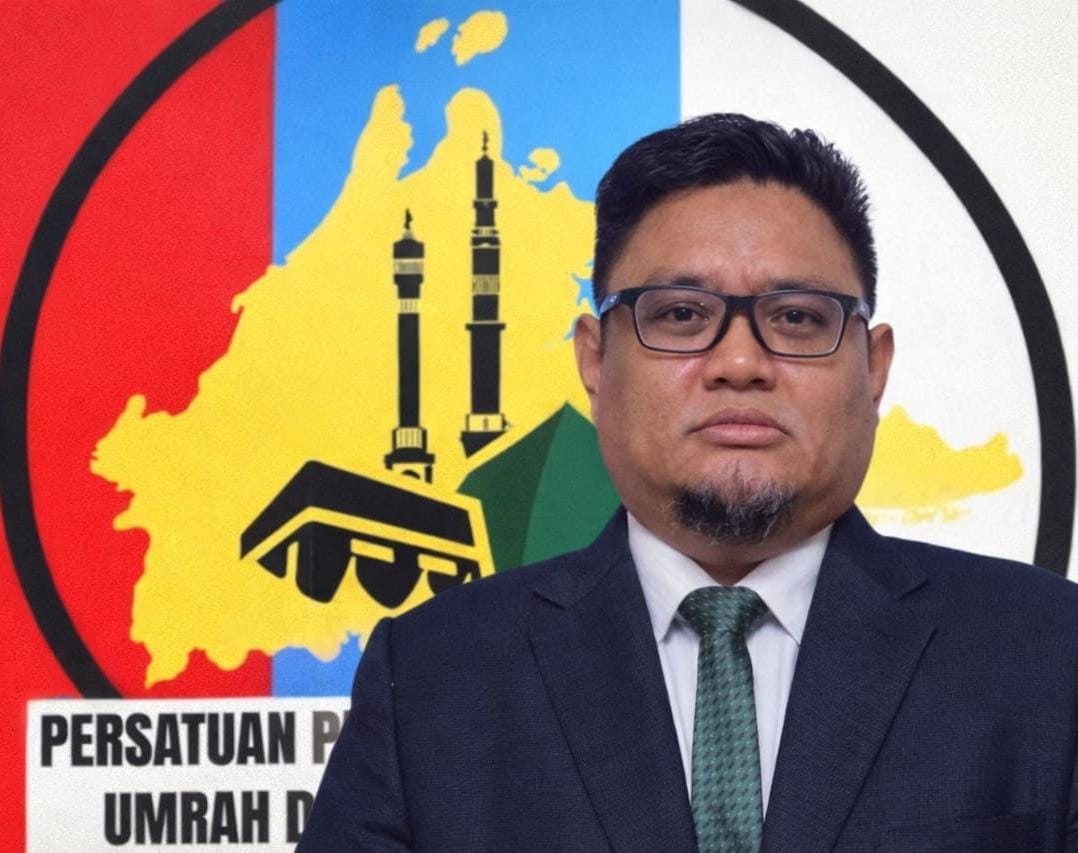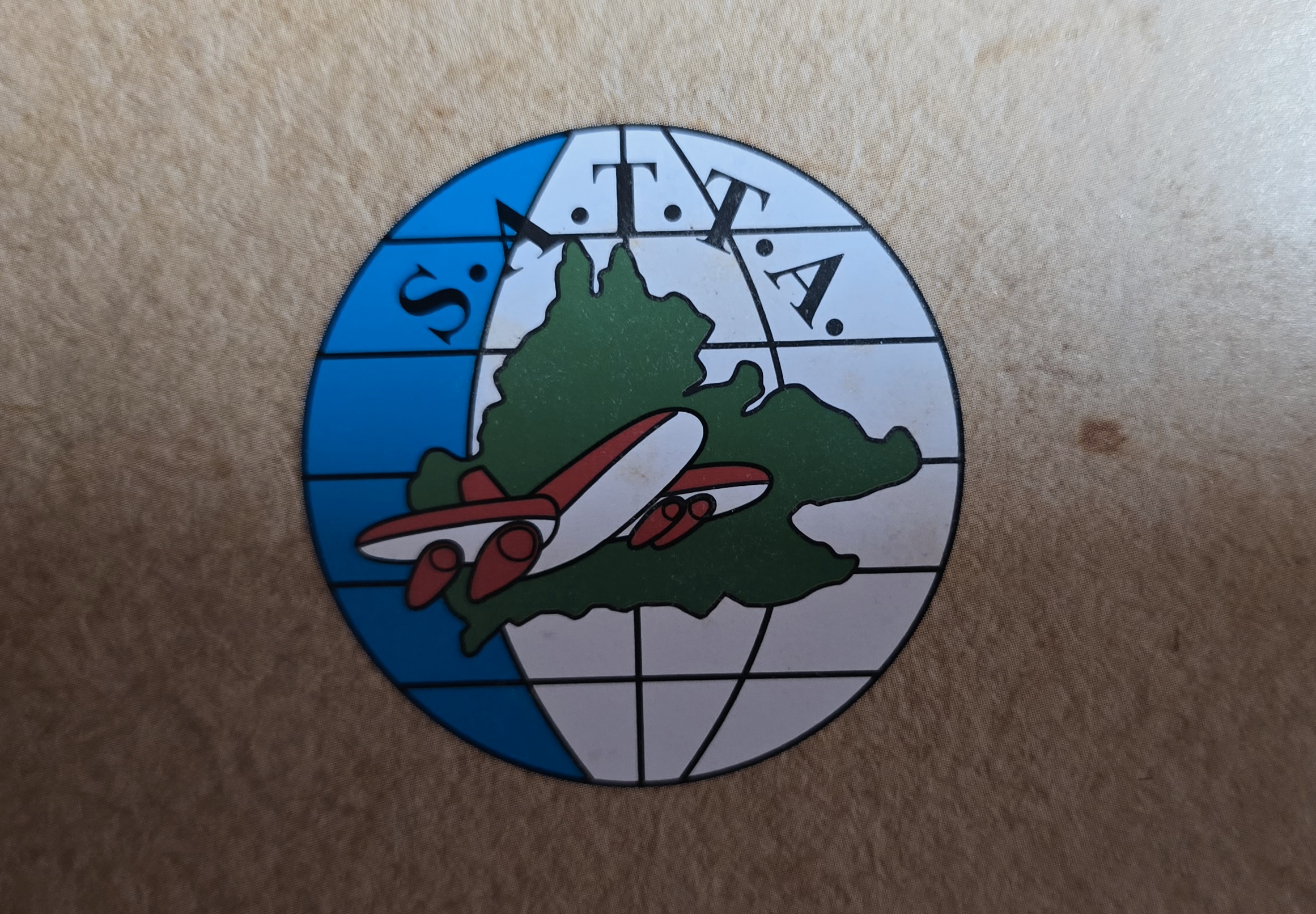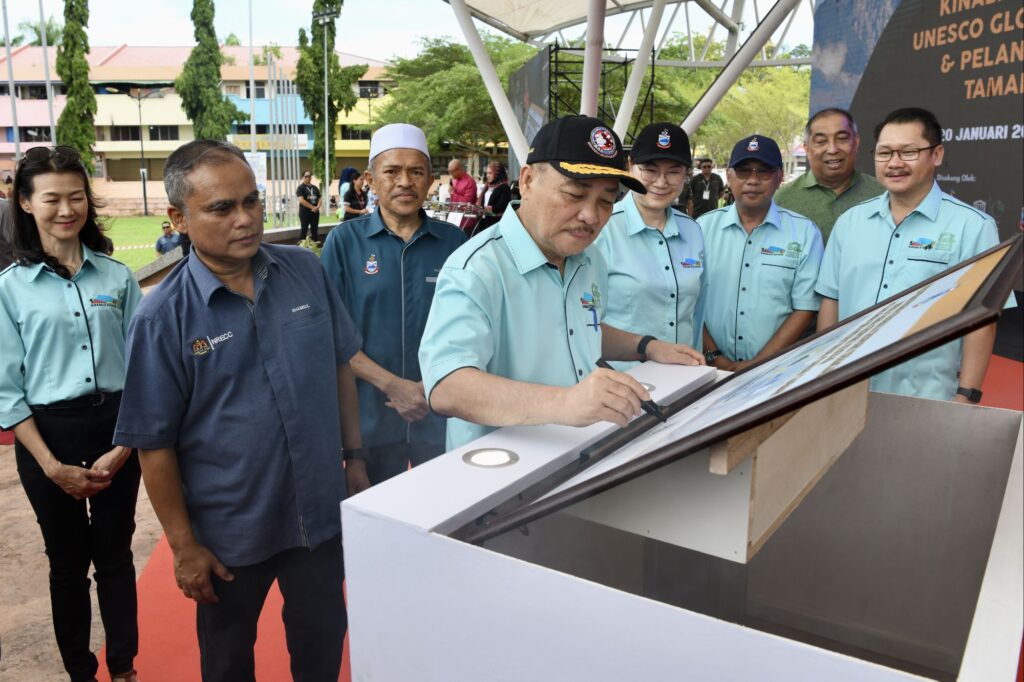
The Kinabalu UNESCO Global Geopark offers numerous benefits and economic opportunities for around 291,300 residents in Kota Belud, Kota Marudu, and Ranau.
Covering 4,750 square kilometres and involving 423 villages, it provides avenues for increased income through tourism and cultural preservation.
Chief Minister Datuk Seri Hajiji Noor, highlighted the positive impacts, such as business opportunities and jobs, benefiting farmers in various districts.
He emphasised that marketing to the global audience can boost tourism, benefiting rice farmers in Kota Belud, coconut farmers in Kota Marudu, and vegetable farmers in Kundasang, Ranau.
Furthermore, infrastructure development, including roads and public facilities, will facilitate transportation of agricultural products and create business opportunities like homestays.
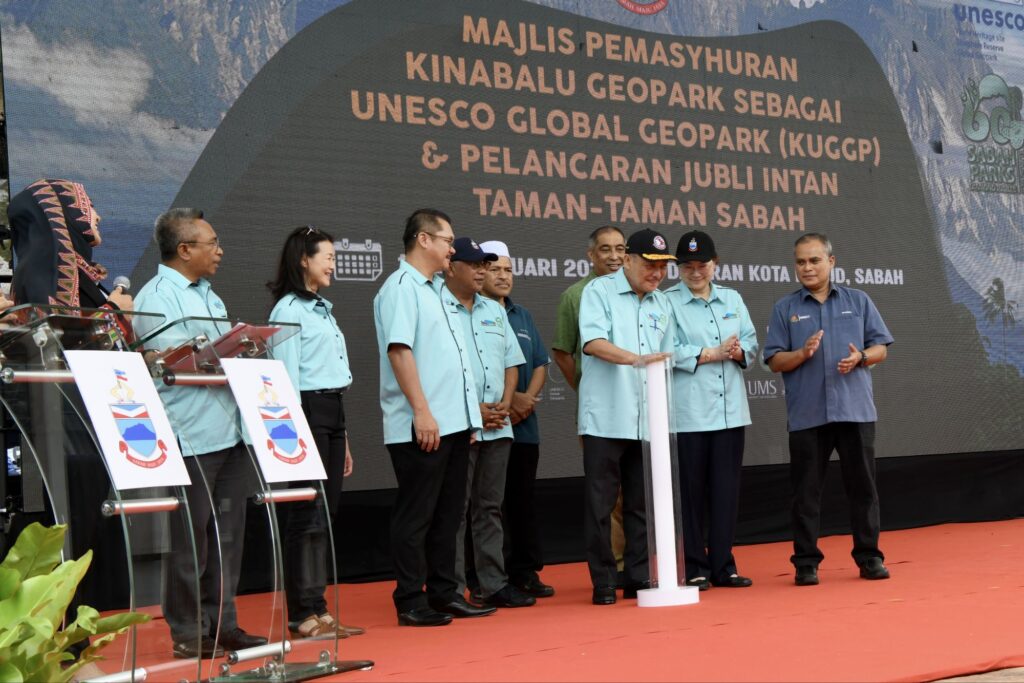
The Chief Minister highlighted the potential for new job opportunities for locals, such as tourist guides.
During the Kinabalu UNESCO Global Geopark opening ceremony cum Diamond Jubilee Celebration of Sabah Parks, the Chief Minister stated that recognition as a geopark aligns with the state government’s initiatives.
He stressed the importance of conserving natural resources, developing basic infrastructure, and promoting socio-economic development in the region.
The 2021-2030 National Geopark Development Plan, received from the Sabah State Ministry of Tourism, Culture, and Environment, will be discussed at the Sabah State Cabinet Assembly for approval.
The Chief Minister urged collaboration to preserve Sabah’s treasures and ensure sustainable management, emphasizing the international value of the geopark.
Recognised by UNESCO in Paris on May 24, 2023, the Kinabalu geopark stands as a meaningful achievement for Sabah, contributing to nature conservation and fostering continuous economic benefits, especially in the tourism sector.

